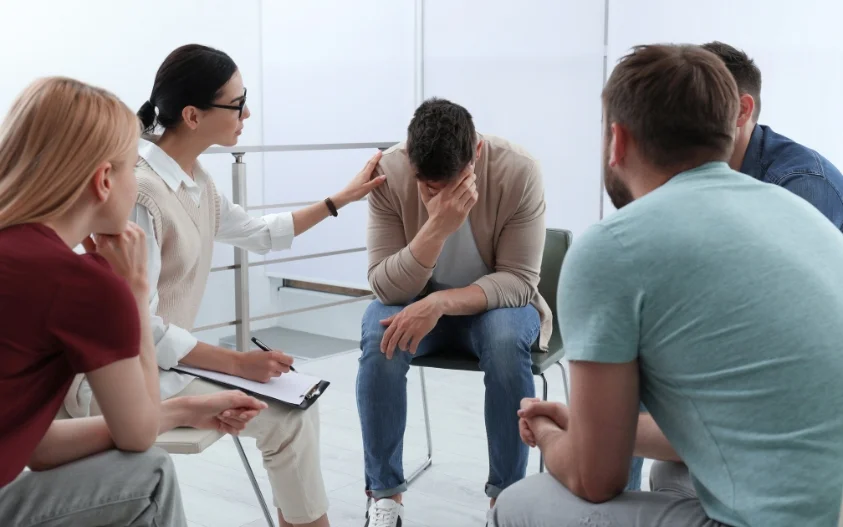24/7 Helpline:
(866) 899-221924/7 Helpline:
(866) 899-2219
Learn more about Morphine Rehab centers in Greeneville
Morphine Rehab in Other Cities

Other Insurance Options

ComPsych

Optum

Evernorth

Multiplan

GEHA

BlueCross

UnitedHealth Group

Holman Group

Molina Healthcare

Highmark

Absolute Total Care

Magellan Health

MHNNet Behavioral Health

Aetna

AllWell

Health Partners

EmblemHealth

Health Net

CareSource

Sliding scale payment assistance

Frontier Health – Nolachuckey Holston Area Mental Health Center
Frontier Health - Nolachuckey Holston Area Mental Health Center is located in Greeneville, Tennessee...

U Turn For Christ
U-Turn For Christ is a residential facility that offers treatment for individuals with a Substance a...

CCS – Comprehensive Connections – Outpatient
Comprehensive Community Services (CSS) - Outpatient is located in Greeneville, Tennessee. Comprehens...







Takoma Regional Hospital – Behavioral Health
Takoma Regional Hospital – Behavioral Health is a private rehab located in Greeneville, Tennessee. T...



